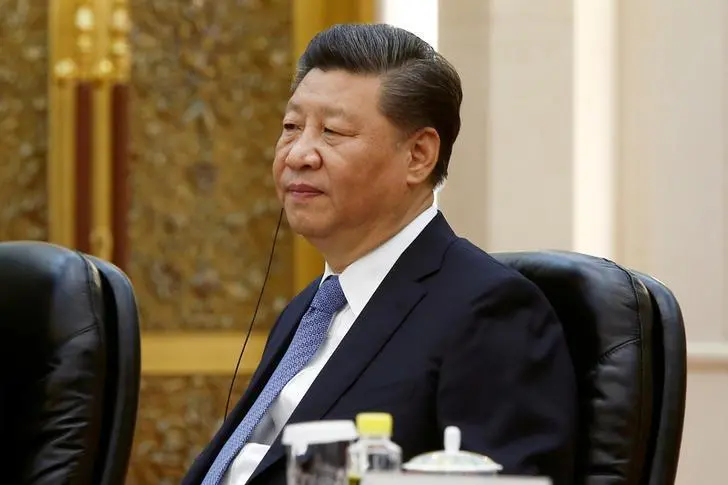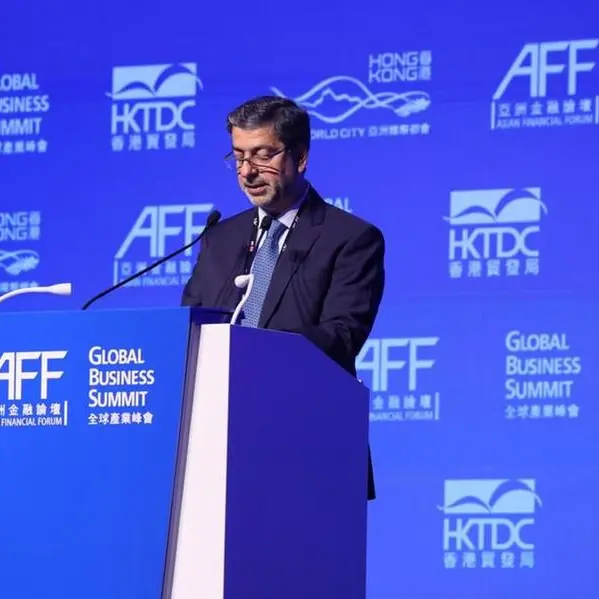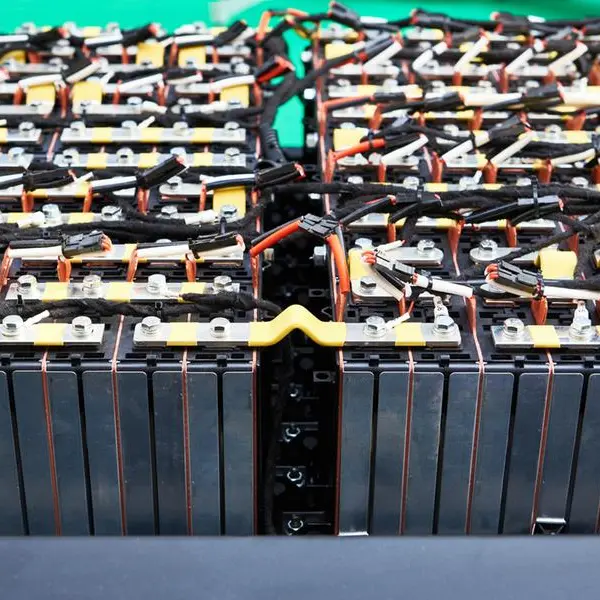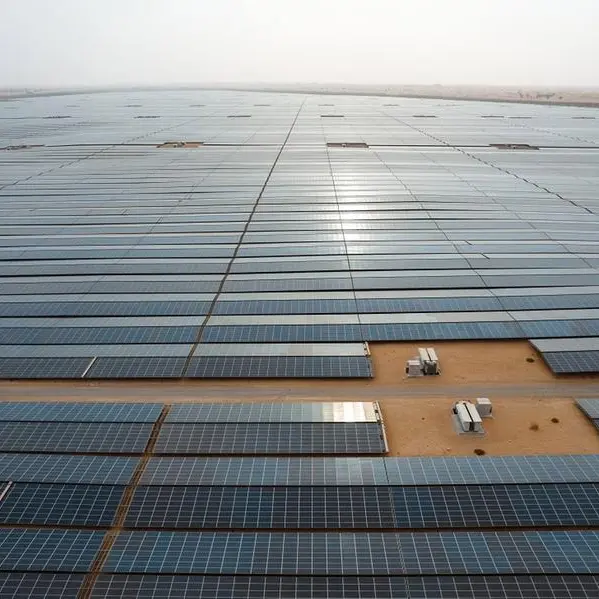PHOTO
PRETORIA - Chinese President Xi Jinping will meet African heads of state on the sidelines of the BRICS summit next week "to advance China-Africa cooperation in the new era", China's ambassador to South Africa said on Friday.
The meeting will take place late on Thursday, the last day of the three-day summit, Chen Xiaodong told a briefing. The day has been set aside for events involving the more than 70 countries invited as "friends" of the BRICS bloc, consisting of Brazil, Russia, India, China and South Africa.
On Tuesday, Xi will pay a state visit to South Africa's President Cyril Ramaphosa in Pretoria and later travel to Johannesburg for the summit, in what will be his fifth trip to South Africa since he became president in 2013. China's interactions with African leaders will follow last month's Russia-Africa summit in St Petersburg, where Russian President Vladimir Putin held court with the 17 African heads of state who attended out of the 54 African countries invited.
Chen said Xi and African leaders will draw up a blueprint for cooperation to create jobs and improve livelihoods in Africa.
"The initiatives will be in line with the needs of Africa's economic restructuring and upgrading," he said.
Senegalese president Macky Sall, the current chair of the Forum for China Africa Cooperation, African Union chair and Comoros President Azali Assoumani, and representatives from Africa's eight regional economic communities will attend.
It is not clear yet how many heads of state will attend the Aug. 22-24 BRICS summit, but South African officials said more than 70 had been invited.
While China has been actively pushing for the group's expansion, its members have differed on the criteria for new member states.
Between 2000 and 2020, Chinese lenders, mostly state-owned banks, agreed to lend $160 billion to African countries, according to Boston University, and Chinese companies have also invested heavily in mining on the continent.
Loan commitments soared after Xi launched the "Belt and Road Initiative" in 2013 to fund infrastructure in developing countries, but then dropped sharply from a peak of $28.4 billion in 2016 to $1.9 billion in 2020.
(Reporting by Carien du Plessis and Rachel Savage Editing by Tomasz Janowski)





















